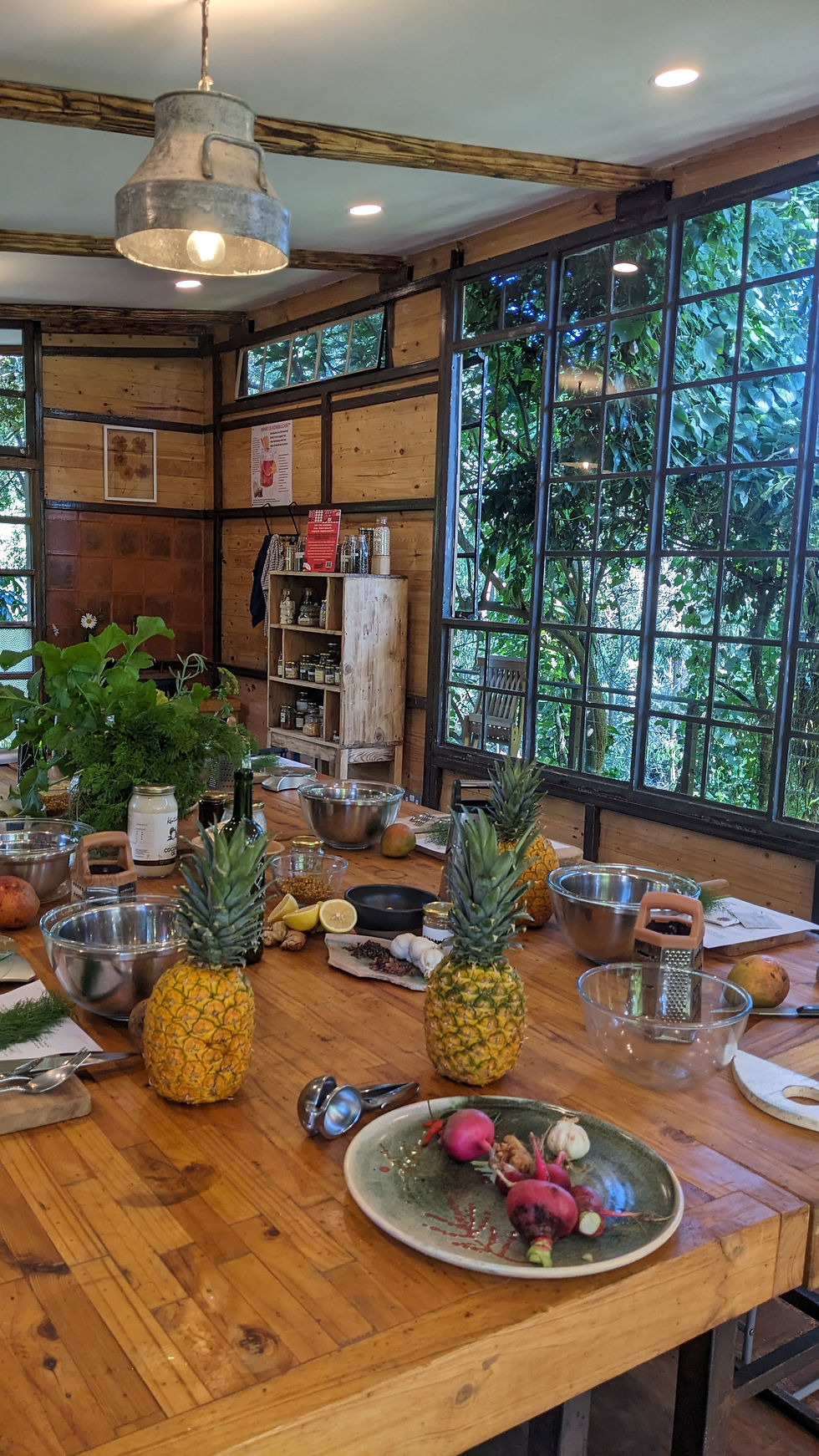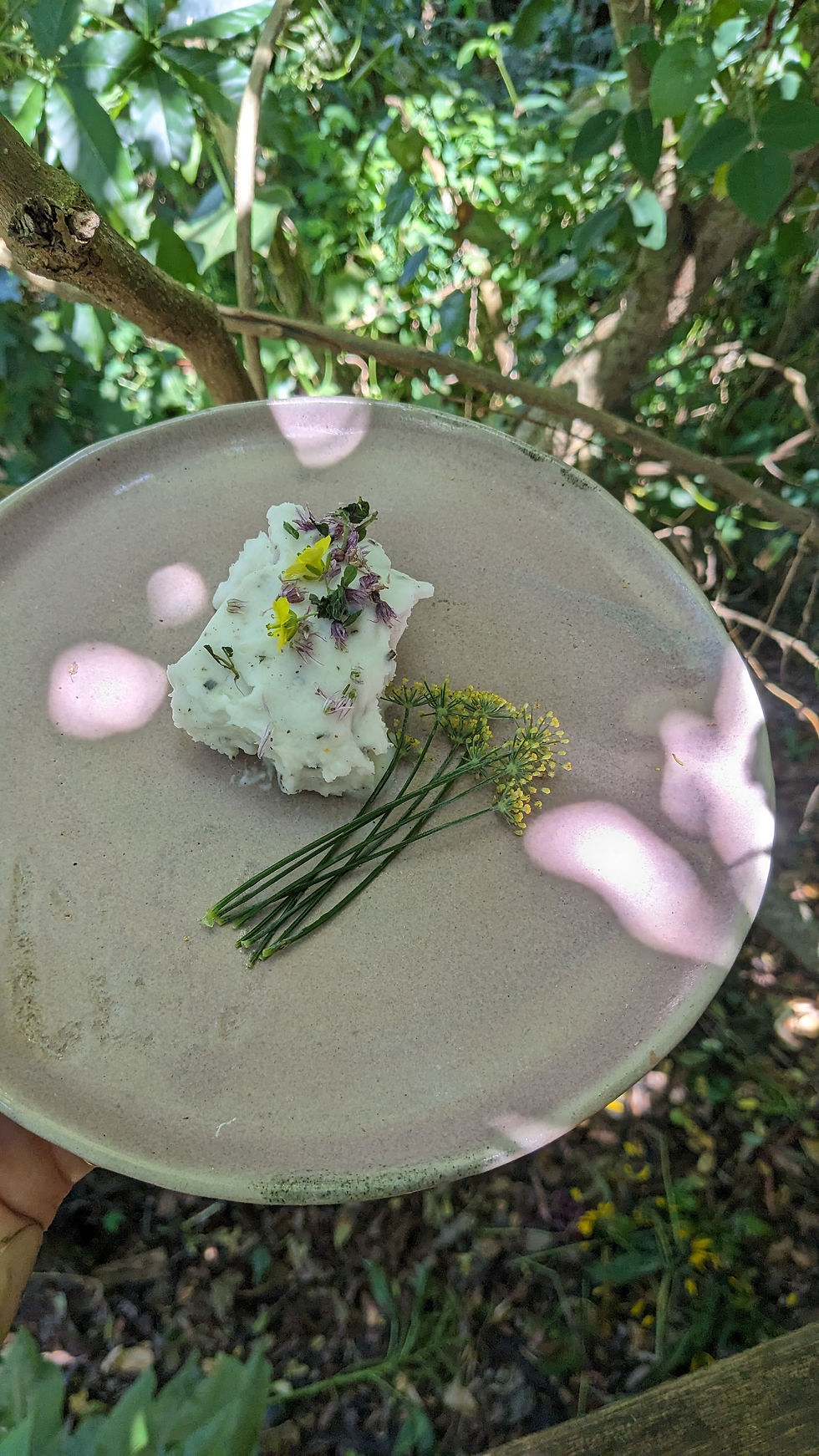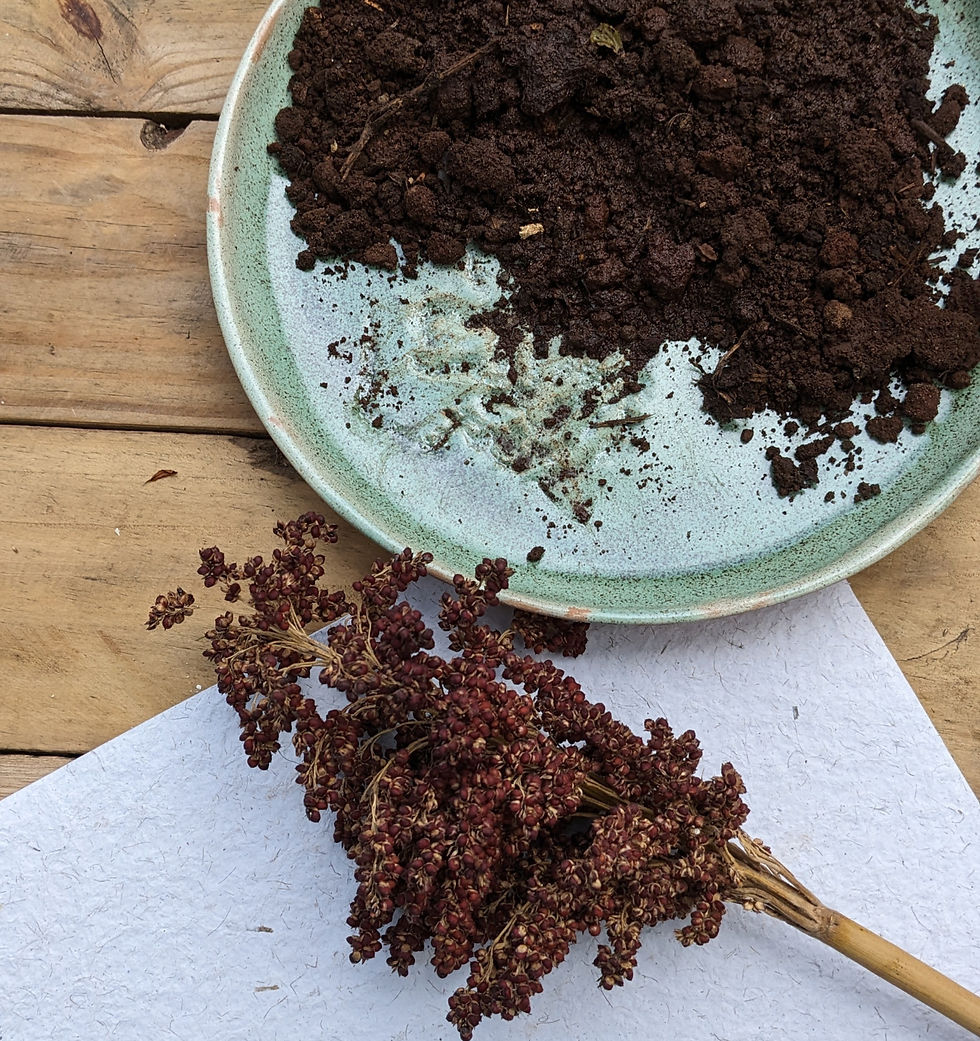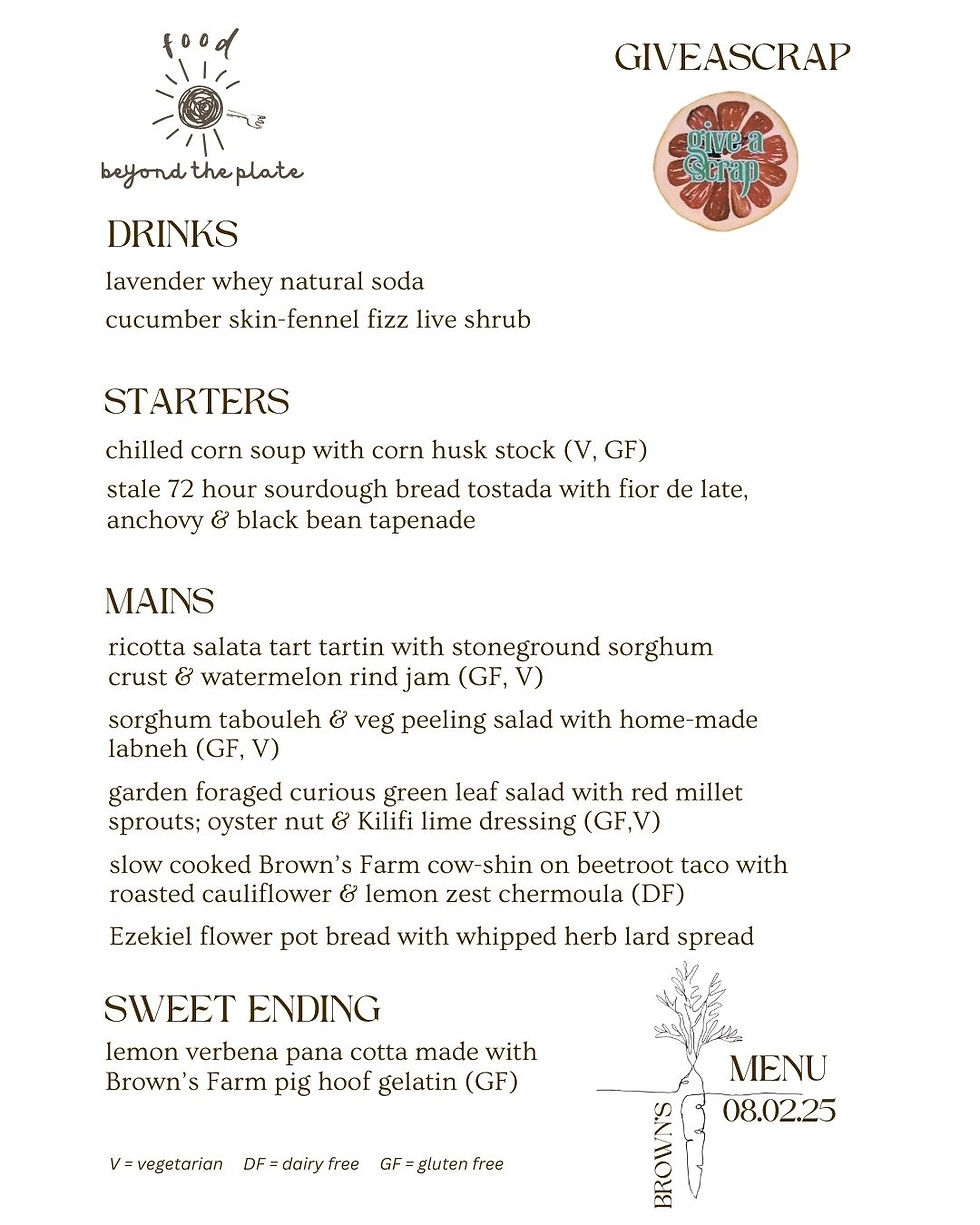Circularity & Reciprocity
- natashasstraker
- Mar 7, 2025
- 4 min read
At Grove and Meadow we are deeply committed to regenerative farming practices that reflect our core beliefs about the interrelationship between healthy soils and nutritious foods.
Our approach is rooted in the principles of polyculture, which stands in stark contrast to the conventional monoculture farming methods that dominate modern agriculture. By embracing polyculture, we align ourselves with nature’s inherent wisdom, enriching the soil and fostering resilience in our crops against the challenges posed by changing climates, pests, and diseases.
Cultivating land through polyculture not only mirrors natural ecosystems but also represents a more authentic depiction of how food was historically produced. This method acknowledges the intricate relationships within the ecosystem, allowing us to grow a diverse range of crops that thrive together.
You may wonder how food produced through these sustainable practices can nourish and revitalise humanity. The answer lies in our commitment to replenishing rather than depleting the soil. Healthy soils are the foundation for producing food with significantly higher nutritional value. This is because rich, well-maintained soils support the growth of more nutritionally dense crops, enhancing the overall health of the food we consume.
Life is a circle, and our farming philosophy embodies this cycle of reciprocity. By caring for the soil, we enable the soil to care for the plants, which in turn nourish us. This harmonious relationship is fundamental to our farming practices and reflects our belief in the interconnectedness of all living things. Through practices such as composting, cover cropping, and crop rotation, we ensure that nutrients are continuously cycled back into the soil, promoting a sustainable and circular approach to agriculture.
"Waste is only waste if we waste it." Will.i.am
At Grove and Meadow, we recognise that everything in our environment plays a vital role on our farm, including weeds and pests. We take the time to explore and understand the significance of each element, considering the relationship between the macro level - such as the visible plants p and the micro level, which includes the fungi and bacteria in the soil. This holistic understanding informs our practices and reinforces our commitment to regenerative agriculture.
"We are all bound by a covenant of reciprocity: plant breath for animal breath, winter and summer, predator and prey, grass and fire, night and day, living and dying". Robin Wall Kimmere
On a daily basis we are operating as a circular business. If there is a by-product created during production we quickly innovate to turn it into a new delicious product. If there is simply no use then we feed it to either our animals or our compost (and eventually our soils). Yet we realise that people often have food that they end up chucking away because they simply don't know what else to do. That's okay - we are here to help!
One of the core aims of our Food Beyond the Plate movement is to support people to redefine their relationship with food. An exciting way that we can do this is by practically offering workshops in our Living Food Lab Classroom. Last month we collaborated with @giveascrap to demonstrate the inspiring world of cooking without waste!

Every peel, stem, bone, or offcut is an opportunity, an invitation to make nourishing meals that honour both our bodies and the earth. When we utilise every part of what we have, we contribute to a sustainable future - one where food is celebrated in all its forms and nothing is discarded.
What if people had ideas about what they could do with all parts of food crops? What if they challenged themselves to cook without waste?
In Kenya, it’s estimated that up to 40% of food produced is lost along the supply chain due to inefficiencies in storage, transportation, and market access. This significant waste undermines food security and contributes to climate change - when food waste decomposes in landfills, it releases methane, a greenhouse gas up to 28 times more potent than carbon dioxide.
"The greatest threat to our planet is the belief that someone else will save it." Robert Swan
Launched in 2019 as a collaboration between Tash Straker and Embark Restraurant; giveaSCRAP playfully encourages people to question what they once thought was waste. They typically host pop-up community dining experiences with recipes that intentionally discombobulate and delight. Inspired by our wooden classroom and the ethos of the classroom, giveaSCRAP, was moved to trial their first hands-on zero-waste cooking workshop with us!
A group of curious minds gathered in anticipation of what culinary wonders could possibly be created from cauliflower leaves, celery leaves, pineapple skins and other 'unwanted' friends. The classroom was filled with doubt around the flavour of nasturtiums (Tropaeolum majus) - could a roadside 'weed' that works as an alternative to antibiotics to treat infections really taste great?

Anticipation was soon transformed to wonder as the group created and tried a series of recipes that dared you to question your plate. As they embraced bold creativity and let their culinary imagination run wild, the group was pleasantly surprised. They had entered a world where nothing is wasted and every part has its purpose. Who knew it was a world that tasted great too!?
The invitation as we parted way was to dare to see ingredients in a new light. What many call "waste" is really nature's untapped treasure, brimming with flavour and nutrition. If we choose to use what we once thought was waste we can in turn support our fragile planet.

After the workshop we held a collaborative zero-waste community lunch in our shamba between Brown's Food Co and giveasCRAP. Delia and Tash co-created a series of thought-provoking recipes and our wonderful Head Chef Esther turned it into a magical reality.
The menu (see below) championed a sensational panacotta made with pig's-hoof gelatine from a happy Brown's pig; chilled corn-hob and husk soup and a flurry of ancient grain inspired recipes to showcase the incredible flavour of these often forgotten, nutrient rich crops.
Curious about what you can do with 'waste'? You can find the archive of recipes co-created by giveasCRAP here. Keep an eye out for future workshops at the Living Food Campus where you can explore, experiment, and reimagine the possibilities in your own kitchen!
"Nothing is lost, nothing is created, everything is transformed." Antoine Lavoisier

Join the Food Beyond the Plate Movement today and be part of a regenerative future for all!
Explore our Browns Food Co x giveaSCRAP menu here:





Comments